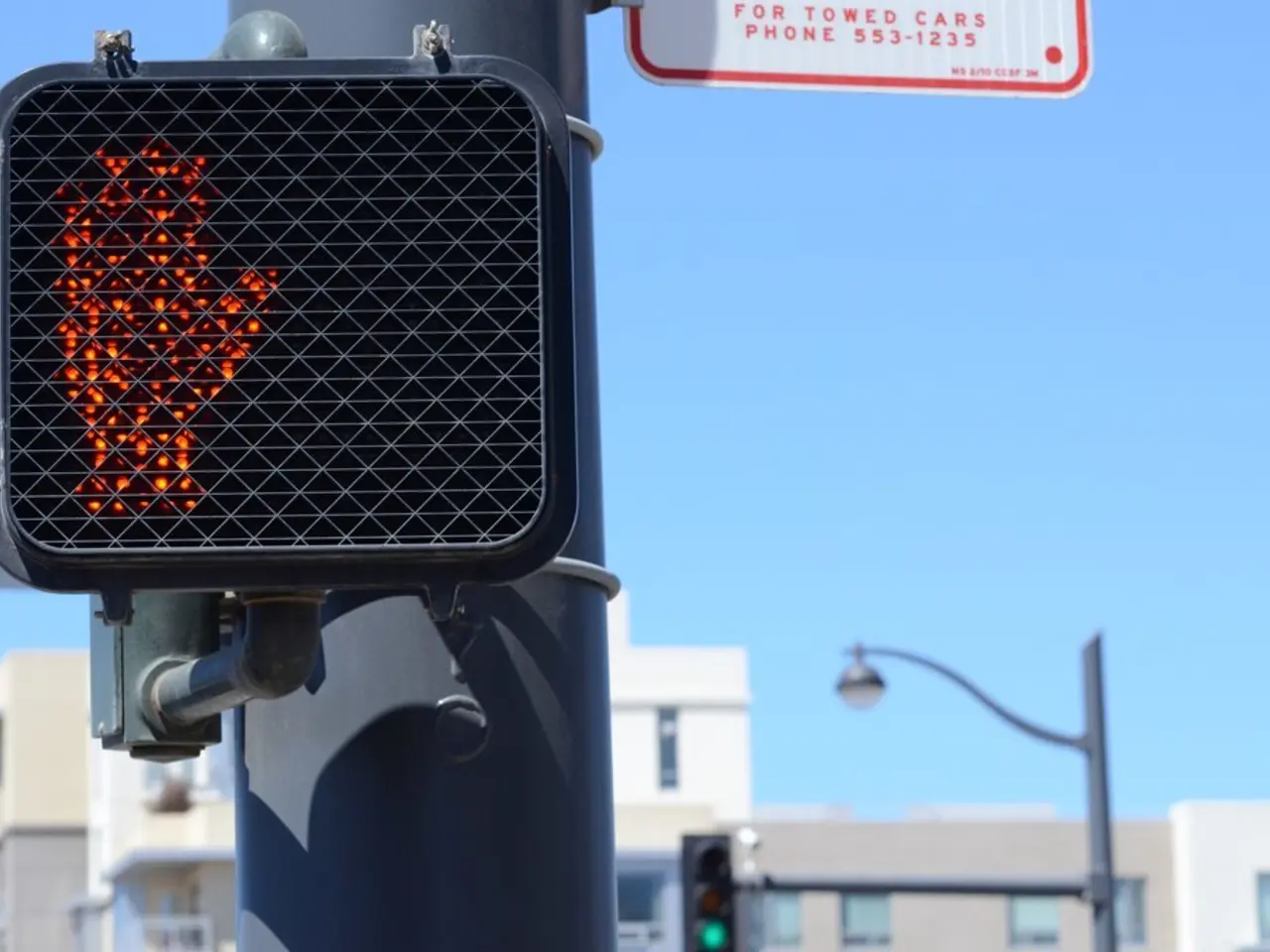Tech giant Google faces a significant financial penalty of $7 million due to breach of privacy by Street View, their mapping service, collecting personal data without consent.
In a recent development, technology giant Google has agreed to pay a total of $7 million to 38 US states, settling allegations that it collected personal data from WiFi networks without permission during its Street View operations.
The issue of Google's data collection was first raised by German data protection authorities in 2010, and it was later discovered that Google's Street View cars unintentionally collected data from unsecured WiFi networks, including payload data. This led to international scrutiny, with regulators in different countries investigating and requiring Google to alter its data handling practices.
Google's response to these concerns has been multi-faceted. The company has suspended or modified WiFi data collection in many countries, limiting data collection to only MAC addresses and signal strength necessary for location services. Google has also complied with local data protection laws, implementing data minimization and transparency practices that reflect the varied regulatory requirements.
Moreover, Google has increased transparency by releasing statements and transparency reports explaining what data was collected and how it was used. The company has also tailored its privacy policies for local compliance, outlining differences based on location.
Last year, a report by the US Federal Communications Commission found that multiple Google employees had known about the data snooping. Initially, Google denied that its Street View cars collected data including email addresses and passwords. However, the company later admitted that data was collected but claimed it was the result of a "rogue" engineer at the company.
In the agreement announced yesterday, Google promised to delete any personal data collected about residents of any of the 38 states. Connecticut Attorney General George Jepsen considers the $7 million fine as significant for Google, stating that the importance of the agreement goes beyond financial terms.
Google's annual revenue in 2012 was $2.98 billion, providing context about the company's financial status. The company has expressed its commitment to getting privacy right, with Google's Senior Vice President and General Counsel Kent Walker stating, "We work hard to get privacy right at Google, but in this case, we didn't."
The Information Commissioner's Officer in the UK had previously let Google off with a warning and an order to improve its privacy practices on the understanding that the data had been collected by mistake. However, the ICO has reopened its investigation on the matter, but has yet to report its findings.
Google has agreed to educate its employees and run a nationwide campaign to inform consumers of how to secure wireless networks as part of its efforts to address the issue. The company has also tightened up its systems to prevent similar incidents from happening in the future.
In summary, Google's approach to the Street View WiFi data collection issue has been to stop unauthorized payload data gathering, enhance compliance with local privacy laws, and increase transparency, adapting measures to different legal contexts worldwide. This settlement marks a significant step in ensuring consumer privacy in the digital age.
The settlement of $7 million by Google to 38 US states underscores a commitment toward improving their data-and-cloud-computing practices, particularly in cybersecurity, as the issue initially arose from their collection of personal data without permission. Google's efforts have expanded to include educating employees and running a nationwide campaign to inform consumers on securing wireless networks, signifying a focus on crime-and-justice in cybersecurity matters.




